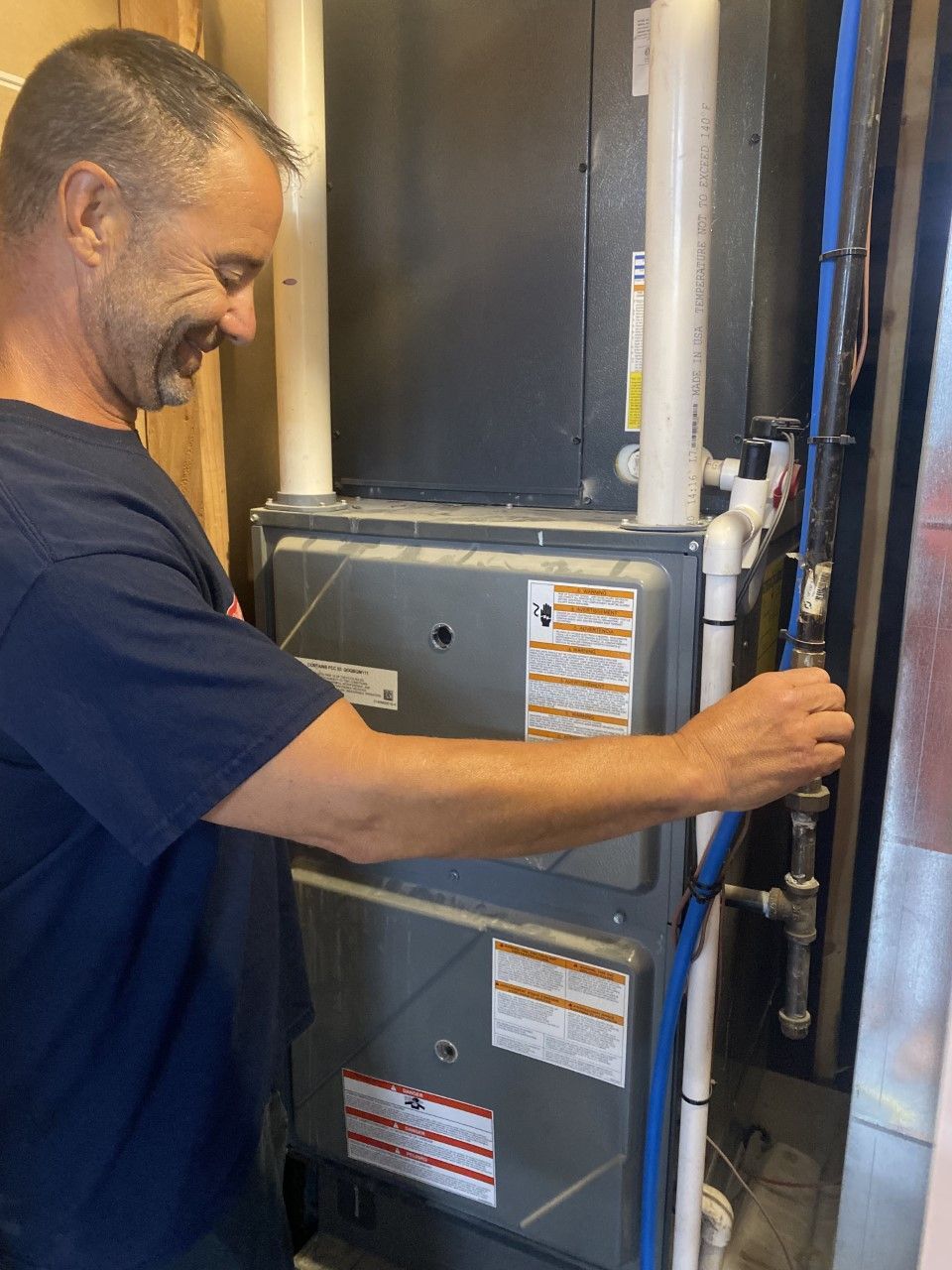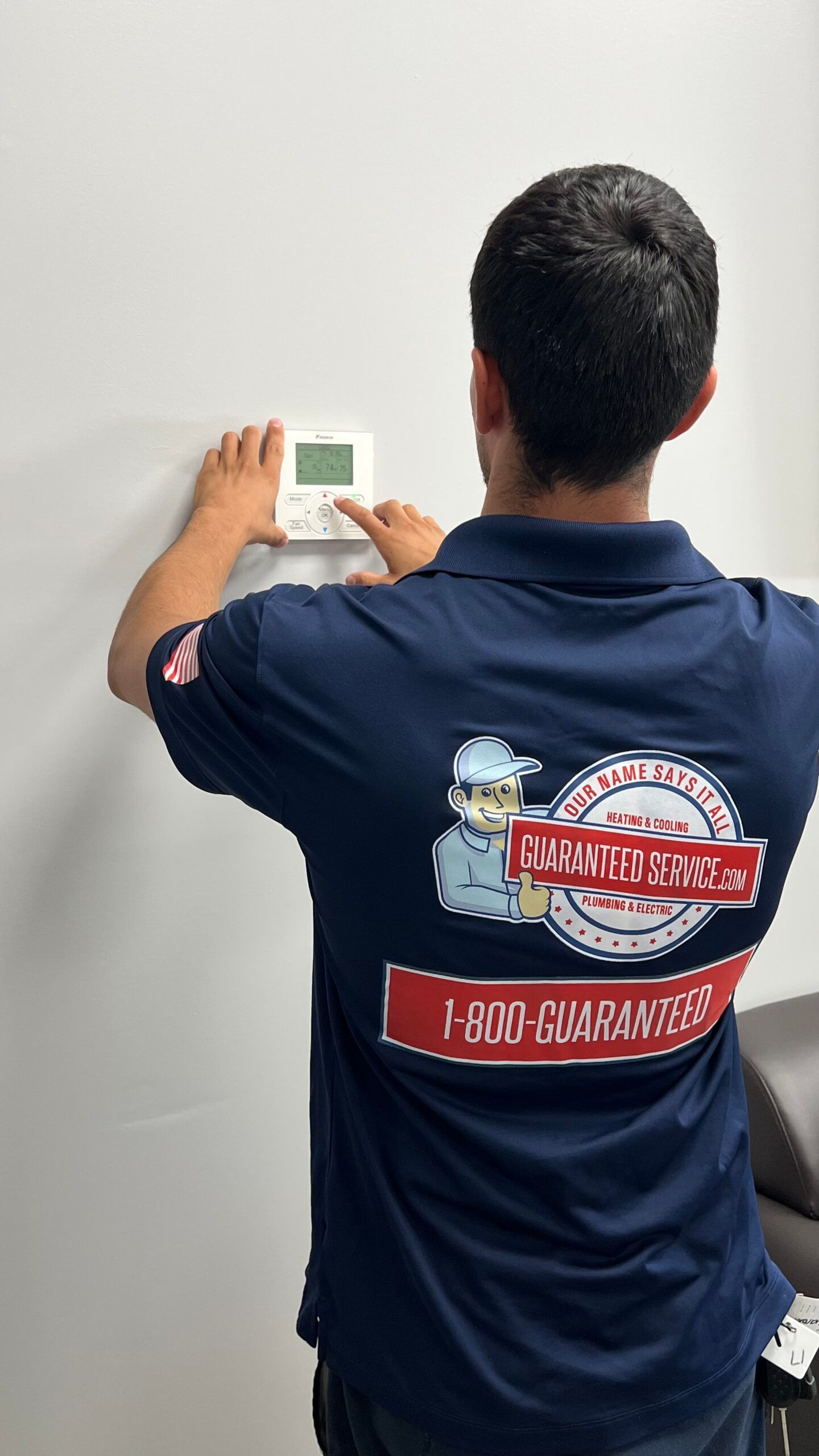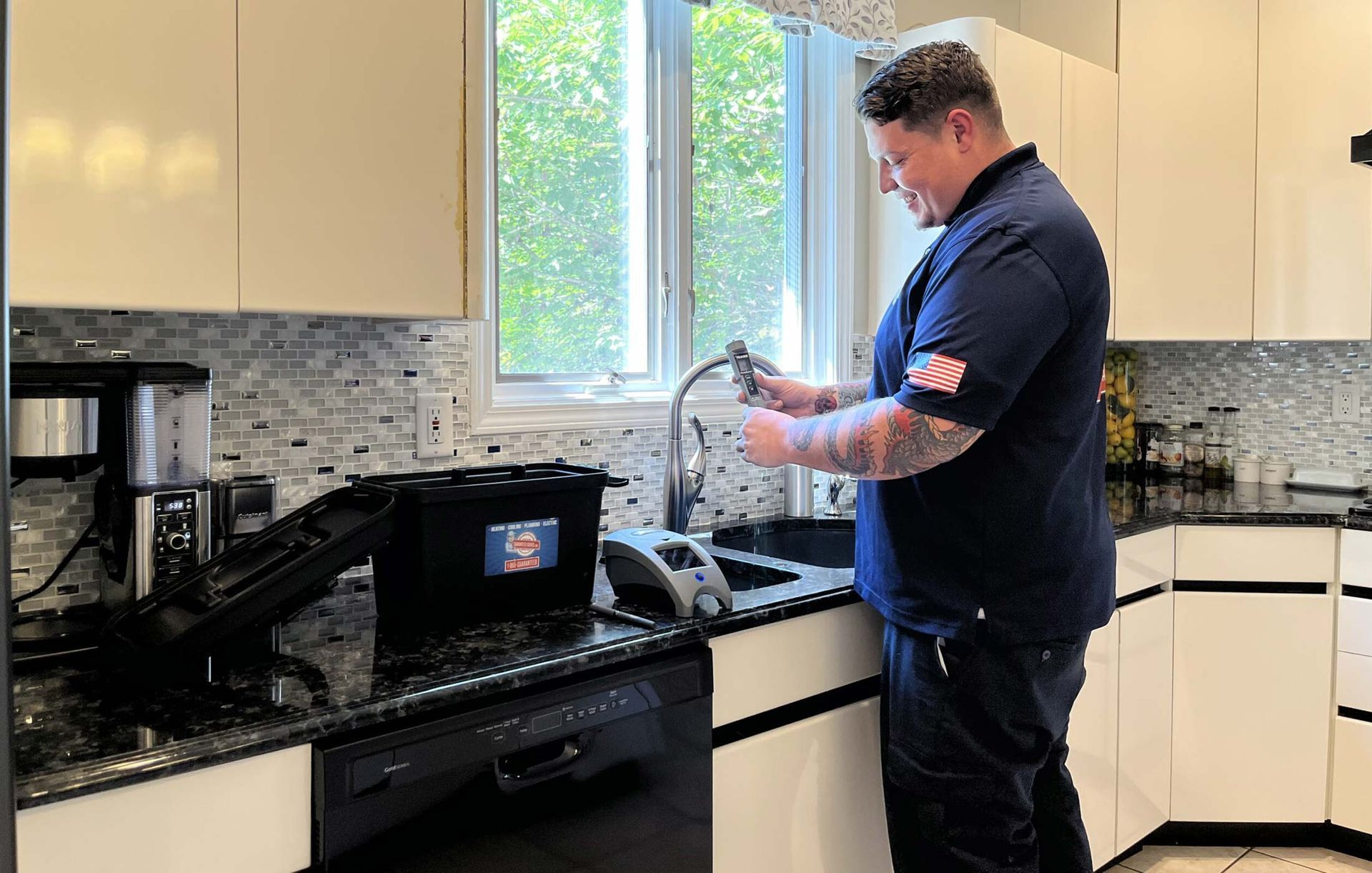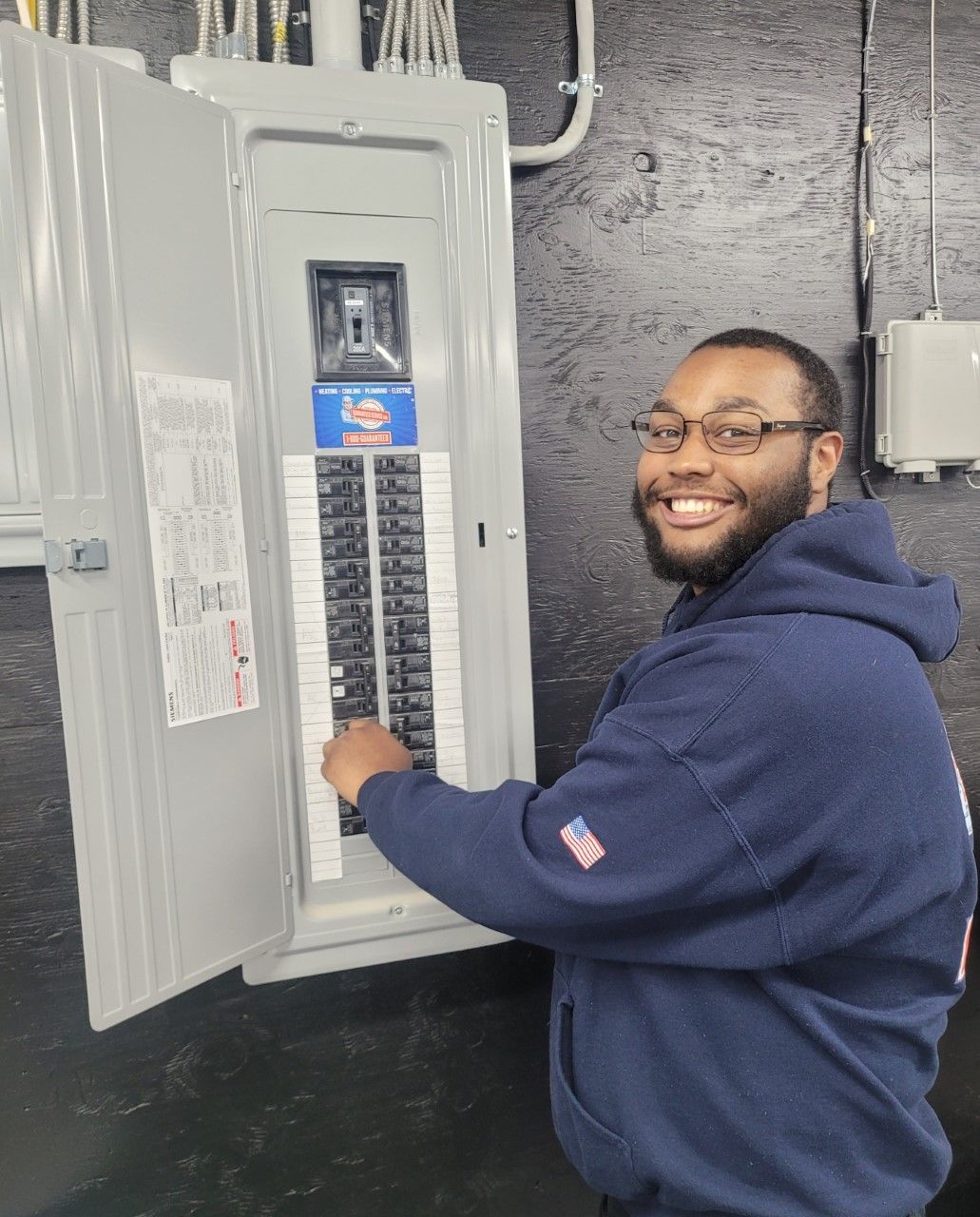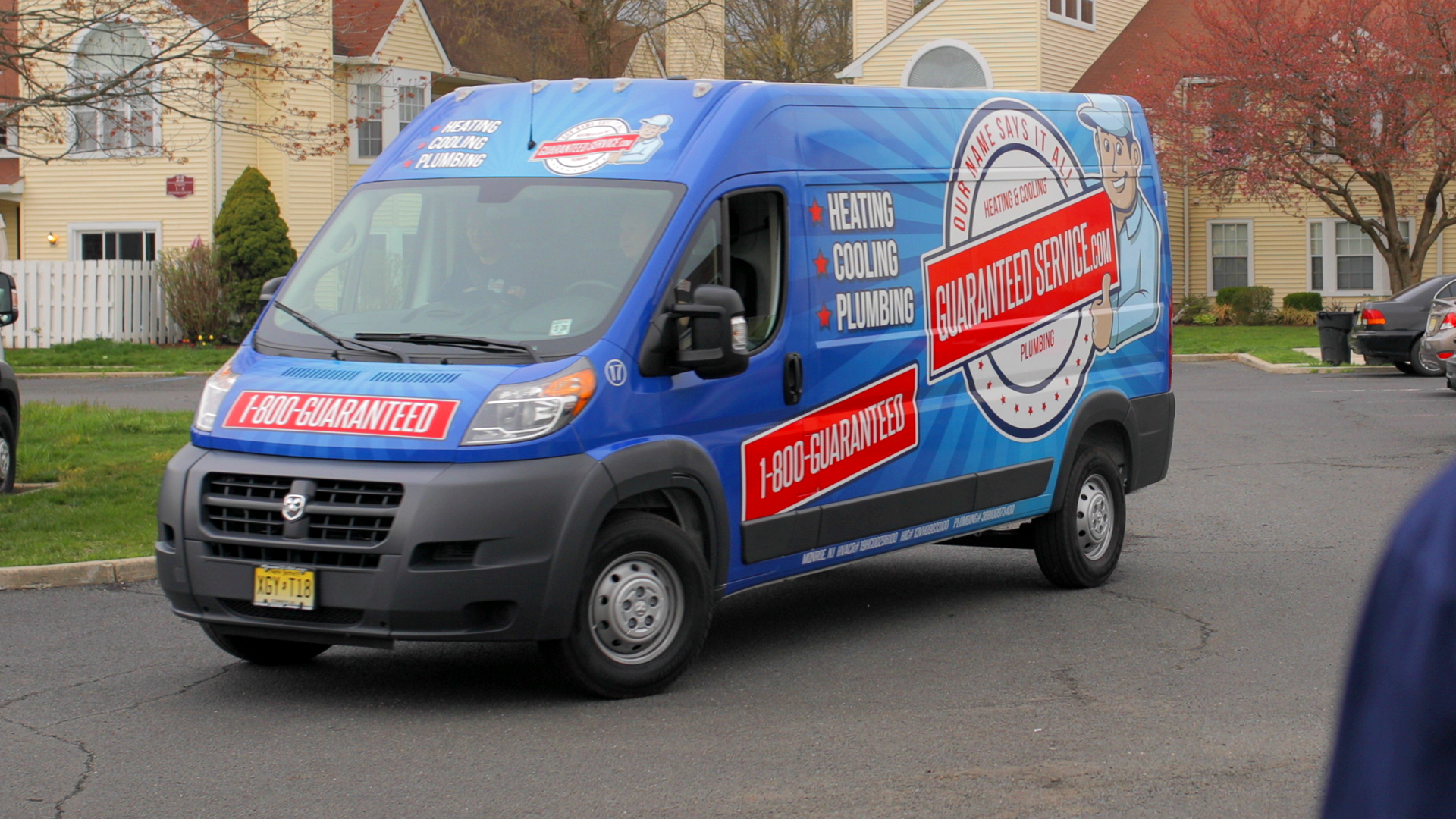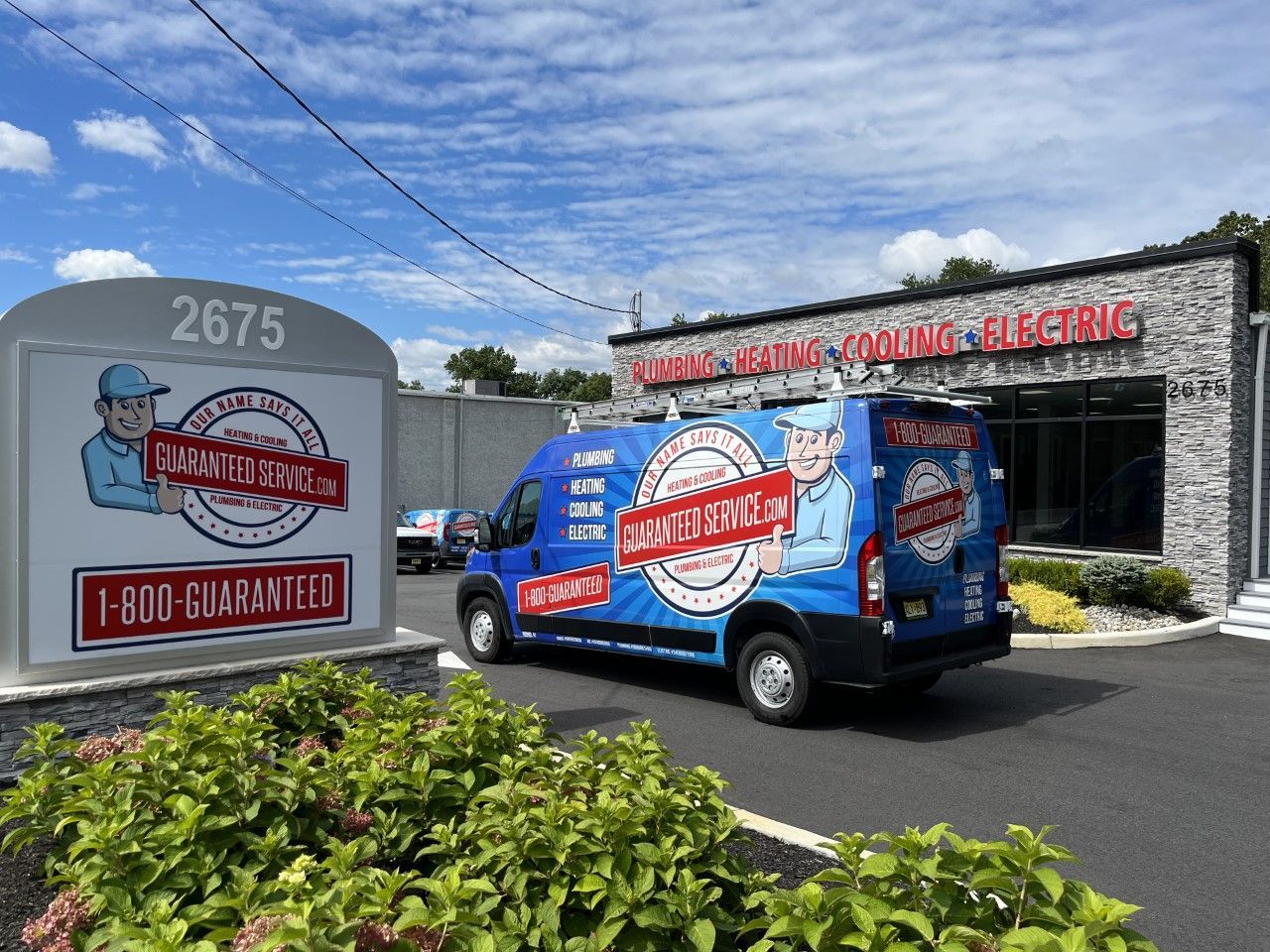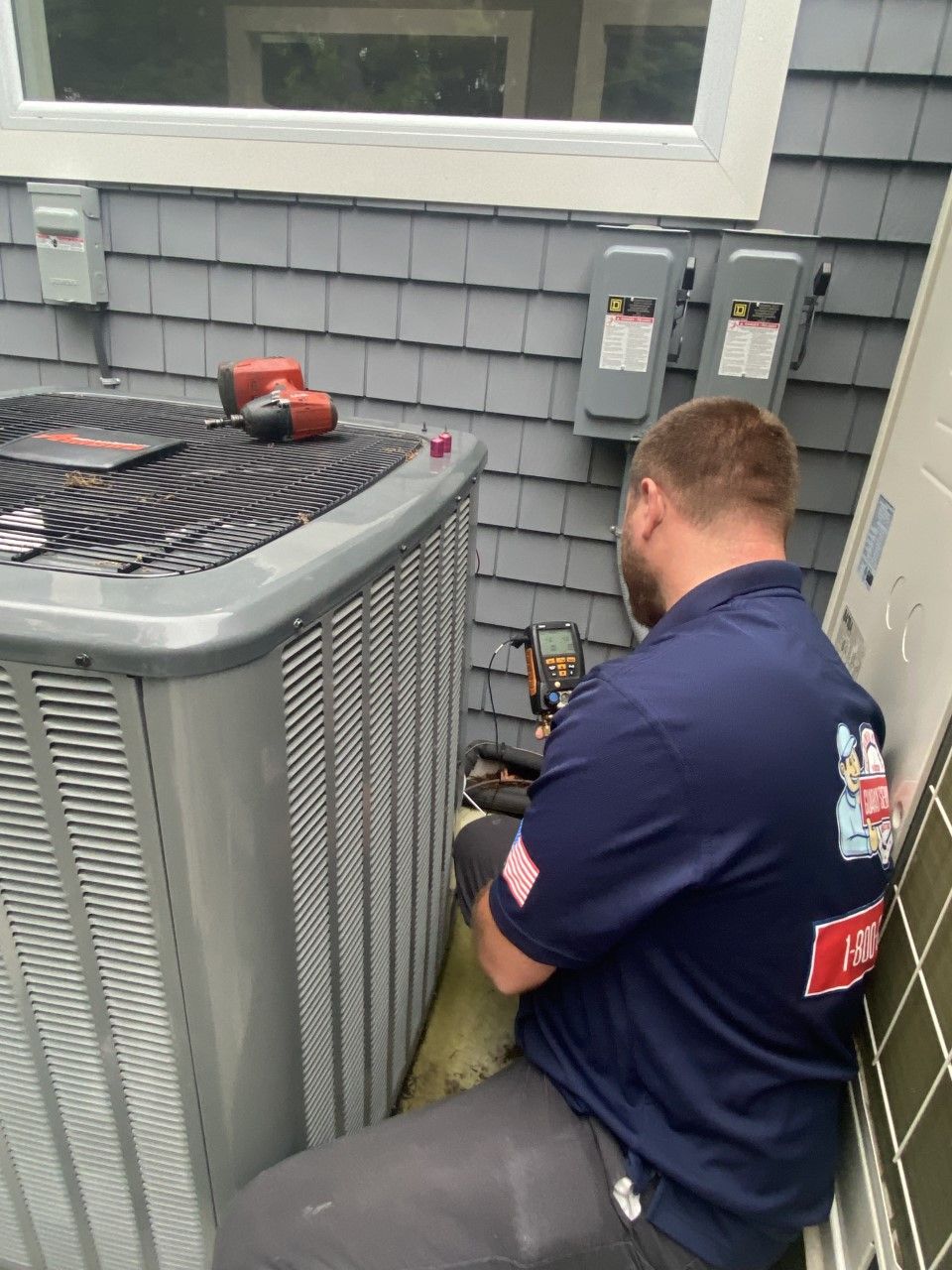Dehumidifiers vs. Humidifiers: Which is Right for You
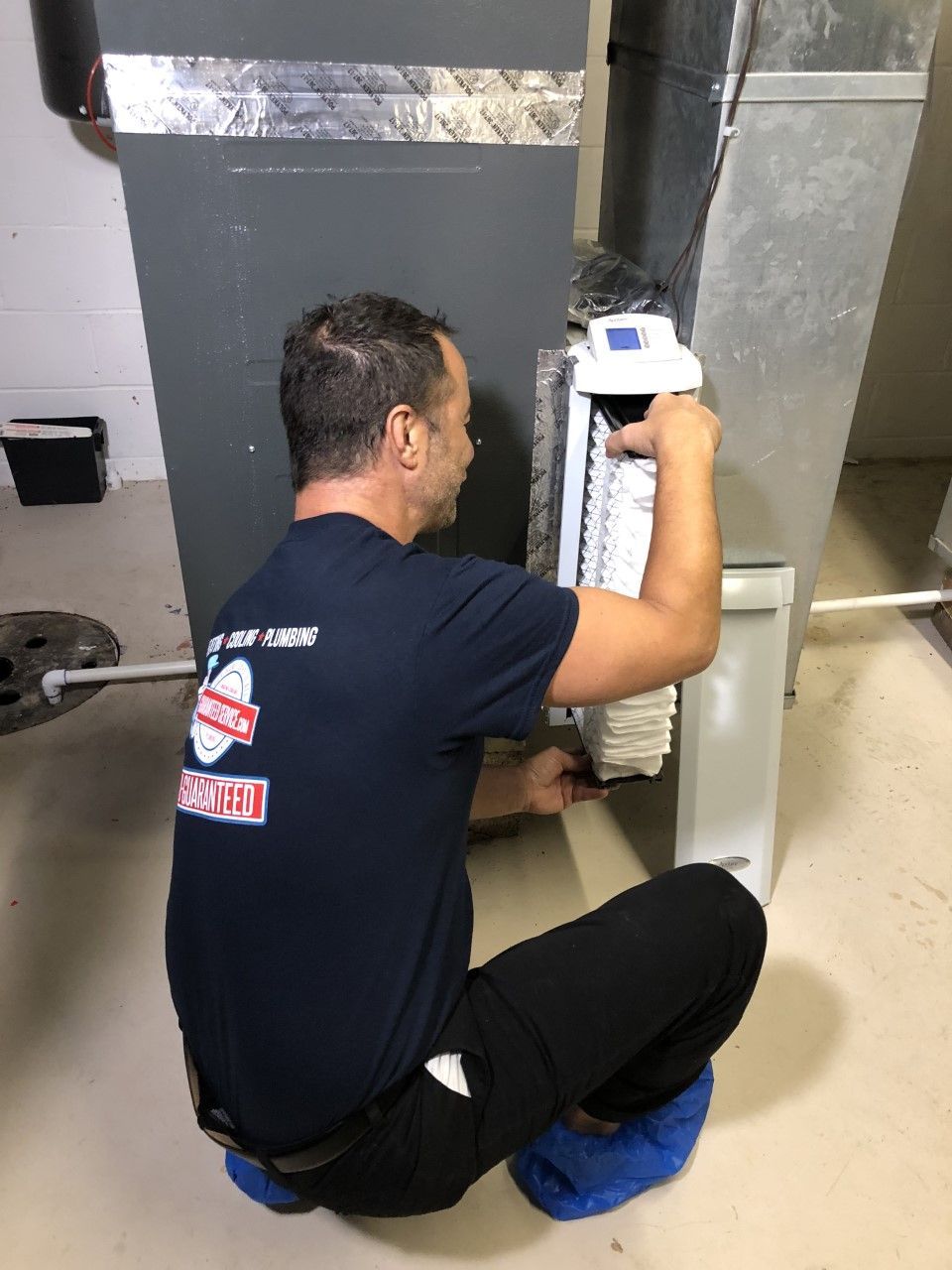
If you are anything like most of our customers, you do not know much about how a humidifier or dehumidifier may help you and your family breathe easier all year long. You might have heard about the health benefits of humidifiers if you have ever struggled with chronic chest congestion or asthma symptoms, but what you might not have heard as much about are the countless other benefits of both systems.
The truth is, both humidifiers and dehumidifiers offer countless benefits to your home’s overall air quality. Each different system comes with a different set of pro’s and con’s, however, knowing as much as possible about these machines can help ensure that you are making the right decision for your home and your family’s needs. You might find that you only need one and the benefits from the other system do not address any issues that you struggle with, or you might find that humidifiers are needed during the cooler part of the year while dehumidifiers might help during the spring and summer months. Either way, making an informed decision about humidifiers and dehumidifiers can help save you tons of stress, time, and money.
What’s the Difference Between a Humidifier & Dehumidifier?
They say that names are often misleading but in this case, you can really figure out the main difference between humidifiers and dehumidifiers based on the names. As you might have guessed, humidifiers are used to add moisture to the air and increase humidity levels while dehumidifiers remove moisture from the air and decrease humidity levels. If you have trouble with humidity levels in your home, keeping individual room units or whole-house units can help vastly improve your home’s air quality.
Types of Humidifiers
While all humidifiers are working to accomplish the same goal–to increase the humidity level in the room or home around them, there are several different types of humidifiers that all work a little bit differently to accomplish this task in different ways. With each different type of humidifier comes different costs and benefits as with any other appliance. Understanding the key differences is the most surefire way to ensure that you choose the right device for your home!
Whole-House Humidifiers
Central humidifiers or whole-house humidifiers are the work-horses of humidifiers. This type of humidifier is directly connected to your home’s heating, cooling, and plumbing systems so that you never have to move a unit around or connect individual units to different outlets.
Though this is the most expensive option of all types, it is designed to effectively and efficiently humidify your entire home. Instead of working only in one individual room, they are able to maintain the humidity levels of your entire house. This type of humidifier system is ideal for homeowners who have a more constant need for air quality control–in each bedroom, and all living spaces. If you or a loved one is sensitive to humidity levels in the home or has major breathing problems, this might be the solution that you need.
Evaporative Humidifiers
Again, sometimes the names really do say it all. Evaporative humidifiers work on the principle of evaporation. These units use a filter, a fan, and water to encourage quick evaporation, creating excess moisture in the air. This moisture is created using water from the reservoir and moving it through the filter and fan located in a different part of the unit. It is then evaporated into the air by passing air steam through the wet source to bring up the humidity level.
Evaporative humidifiers are the most widely popular type of humidifier simply because of how accessible they are. These types of humidifiers come in many different sizes, shapes, and appearances so that they can be more easily integrated with your room as is.
Steam Humidifiers
Steam humidifiers are a very commonly used type of humidifier. They are often referred to as vaporizers because they use heat instead of fans to humidify an area. When doctors recommend patients incorporate a humidifier into their home lives, they typically recommend steam humidifiers because of how effectively they add moisture to the air without compromising air purification. In fact, steam can help improve air purification.
Steam humidifiers use a heating element and a water reservoir. The water is heated, typically to boiling, and the steam that is produced from this heated water is pushed out into the air, increasing humidity levels in its immediate area. While these are the most efficient systems and the least expensive, one major downside of this type of humidifier is that the steam coming out and the unit itself can become extremely hot because of the heating element. These units should not be left in a place where they can be accidentally touched, especially in households with children, as they may damage any skin that it comes in direct contact with.
Types of Dehumidifiers
Dehumidifiers are the opposite of humidifiers but they can offer similar health benefits, based on individual needs. During certain parts of the year, dehumidifiers can improve air quality and help individuals with breathing problems just as effectively as humidifiers can, by removing excess moisture in the air.
Like humidifiers, there are a few common types of dehumidifiers that accomplish the desired effect in different ways and with different benefits.
Whole-House Dehumidifiers
A whole-house dehumidifier is a unit that connects to your heating, cooling, and sometimes your plumbing system, and is able to remove moisture from the air in your entire home instead of just smaller, individual spaces.
Because these dehumidifiers are installed within your other service systems, they are more integrated and are able to send the conditioned air back through your existing ventilation system.
Desiccant Dehumidifiers
Desiccant dehumidifiers use chemicals to pull out any excess moisture from the air. While it is not as “clean” a process as others, it is highly effective. These machines have something called a desiccant wheel or fan that pulls the air from the room into the device. The desiccant wheel has a special silica gel to keep air dry until it is pushed out of the device into the air around it. These types of dehumidifiers are also highly efficient because the air that is not released as dry air to counteract the moisture in the air is filtered back through as reactivation air.
Refrigerant Dehumidifiers
Refrigerant dehumidifiers, also known as compressor dehumidifiers, use a similar process as both your refrigerator and your air conditioner. These dehumidifiers draw warm air in through a fan and push it through a series of cool coils, removing moisture in the air through forced condensation. The process is similar to how your refrigerator works. The water that is produced as a result drips down to the water reservoir. The dry air reheats and releases back into your room.
Benefits of Having a Humidifier
There are many benefits to having a humidifier in your home, whether you are looking for medical benefits or simply looking to improve your family’s comfort level. Especially when the temperature begins to drop, overly dry air can cause a plethora of problems that can be solved with a humidifier.
Some of the top benefits of having a home humidifier system include:
- Moisturize your skin
- Break up mucus
- Relieve allergy symptoms
- Protect against sore throat
- Soothe irritated sinuses
- Halt the spread of germs
- Relieve sleep apnea symptoms
- Reduce snoring
- Provide asthma relief
- Improve overall air quality
For a more thorough breakdown on how a humidifier can help you achieve these goals, check out some of our other blog posts!
Benefits of Having a Dehumidifier
Dehumidifiers are especially helpful if you live in a more extreme climate. New Jersey is infamous for our extremely cold winters and brutal summers. These extreme temperatures are compounded by our close proximity to so many water sources and lead to excessive moisture in the air, particularly in the spring and summer months. Dehumidifiers can help correct many of the issues that come with high humidity levels.
These benefits include:
- Relieve allergy symptoms
- Stop mold growth.
- Alleviate asthma symptoms
- Improve overall air quality
- Increase your home’s energy efficiency
Which Is Right For You?
The most important factor to consider when deciding which system is the best fit for you and your family is to look at the air quality issues you struggle with the most as well as the time of year that you or your loved ones are having the most difficulty.
If allergies are your biggest issue, for example, a humidifier might be your best option as dry air exacerbates allergy symptoms. If you live near a body of water and experience breathing difficulties during the warmer months, you might be having a negative reaction to excess humidity and can benefit from a dehumidifier.
Who to Call for Your Air Quality Needs
Your home’s air quality and purification are important to you, so it is also important to us. When you call Guaranteed Service you can feel confident that the job is going to get done right the first time, guaranteed! For all of your home’s humidity control needs, give the expert technicians at Guaranteed Service a call today!
But first, make sure you check out our unmatched coupons before you call to ensure that you are getting the best deal possible! If you do have a system already, but it has not been serviced in more than 6 months, give us a call today so that we can check in and make sure that your system is running as efficiently and effectively as possible.
You’ll Become a Customer for Life- Guaranteed!
If you are a New Jersey resident with any kind of humidity-related issues, check out Guaranteed Service today! Our highly-trained service experts are the best in the business, and we have a reputation for excellence that is always upheld! Call us today at (732) 242-7480 or visit online to make your appointment and keep your family safe and comfortable!

